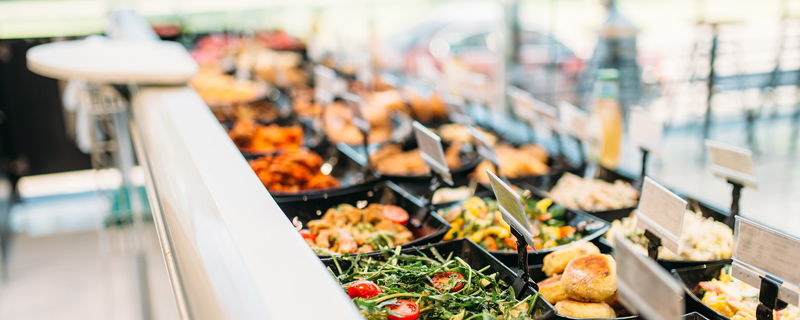What We’re Discussing with Clients
Companies with deep management benches and clear management succession strategies are well-positioned with buyers in an increasingly complex M&A environment. Active shareholders should invest in a “next person up” manner to ensure smooth management transition at key positions. Strategies include mentoring, transitioning customer relationships, and delegating primary responsibilities to ensure there is an heir apparent for key positions, prior to launching a sale process.
Despite concerns of a potential recession, businesses do not need to feel like they should rush to market. More important to securing an optimal exit outcome is ensuring the business is ready to transact, irrespective of market conditions. Once the business is ready, understanding shareholder transaction objectives and designing a process to achieve those outcomes is critical to a successful sale.
With high interest rates and conservative lender behavior, financing is one of the leading causes of deals not closing. Buyers can differentiate themselves by eliminating financing contingencies with a proven ability to close with all equity. Sellers can help maintain healthy valuations through creative structures including seller notes, or equity roll overs.
Global Food & Beverage M&A Remains Steady
- Global Food & Beverage M&A deal volume increased for the first time in five quarters, increasing 2.6% in Q3-22 compared to Q2-22. However, the 436 total deals in Q3-22 was still ~13% less relative to the prior year period.
- On the other hand, U.S. Food & Beverage M&A deal activity experienced a decrease, totaling 135 deals in Q3-22 compared to 159 deals in Q2-22. While deal volume through the first three quarters of 2022 remain behind that of 2021, it can be partially attributed to the robust M&A time period experienced post-pandemic.
- Strategic buyers represented ~93% of all Q3-22 Food & Beverage M&A transactions in the U.S., slightly higher than the three-year average of ~90% for this buyer group.
- Overall, F&B deal activity has been subdued through the first three quarters of 2022 as buyers heed caution given numerous headwinds that remain including supply chain shortages, increasing inflation, rising interest rates, and a potential recession looming. Despite these challenges, consumer demand remains steady and F&B has shown resiliency during previous uncertain economic times, leading to a favorable M&A outlook for industry participants.
Read Food & Beverage M&A Pulse Q3 2022 Full Report



